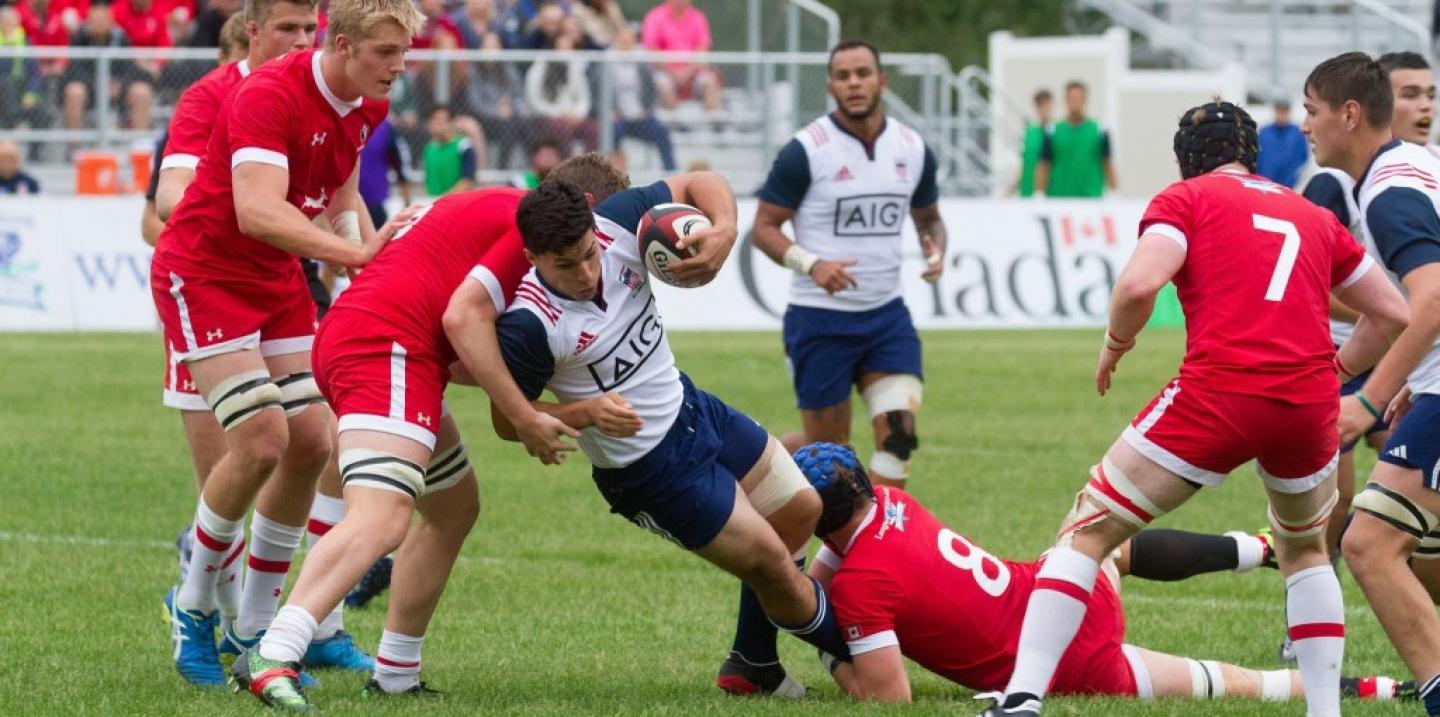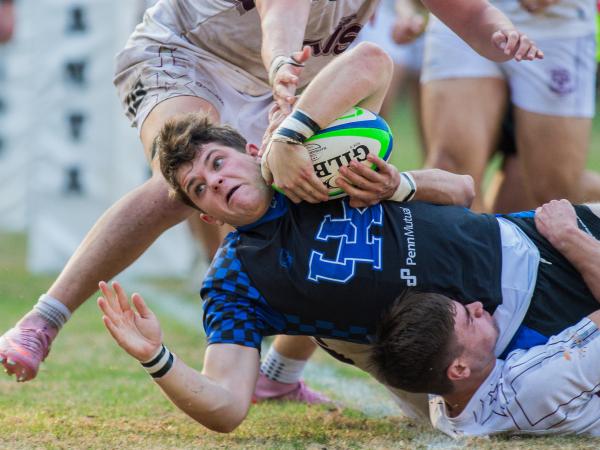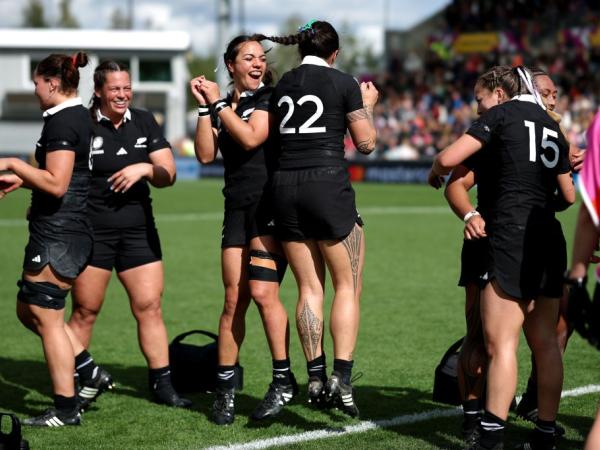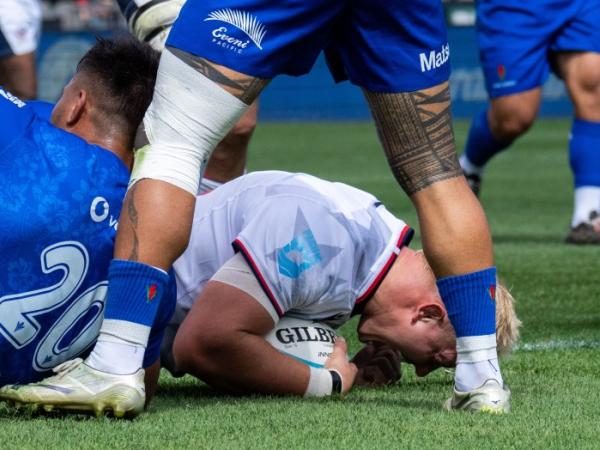Obscured within all the other rugby news this summer was the small fact that the USA U20s, after being thoroughly beaten by Canada in their opening clash June 13, won their second game.
The victory was somewhat pyrrhic as Canada easily won the two-game series (1st score was 46-12, second 25-27, leaving the aggregate scoreline 71-39).
So Canada will be playing in the World Rugby U20 Trophy competition, while the USA stays home. But Head Coach JD Stephenson was pleased to come away with something.
“I do not fault the effort,” said Stephenson. “Not to take anything away from the performance of Canada, but we hadn’t had a lot of time together and it showed. We weren’t disciplined and that really hurt us. And really it took us 80 minutes to get in-sync and start playing together. As I said, the effort was there, but we needed to be more accurate.”
Stephenson asked his players to be smarter in how they handled the refereeing (as in, not acting like the referee’s wrong and deciding not to change their approach), and we also wanted to make the most of their competitive strengths - transition game and playing on the edges. But they also needed that time to come together, and it may have taken more than the 80 minutes Stephenson spoke of. After the first half of the second game, Canada led 20-8. It was only in the final 40 that the USA squad got the combinations right.
The plan was to field a more speedy team against a big, powerful Canada squad, and that seemed to work in the first few minutes of the first game. But overall, for the USA squad to execute that kind of approach they needed to be operating as a unit.
Peter Howard scored a try and lock Daemon Torres scored two to tie the game at 25-25, and Samuel Walsh kicked the conversion for the win 27-25.
“We stuck to our guns more,” said Stephenson. “After the first game, the guys took it hard but they didn’t beat themselves up too much. They internalized it and learned from it and came out of it stronger. They said it did make them better players to come back from that.”
So now it’s already time to look ahead. Stephenson is looking for player suggestions from coaches, and he is trying to establish a more long-term plan so that players and coaches can keep the U20s in mind.
“There are some things we can’t change,” said Stephenson. “And I know that the players are often in a more daily training environment in their college teams. But I am hopeful that it was a positive experience, and that we can provide players with a useful experience. It ticked our boxes as a coaching staff to give guys a taste of what it’s like to be in a national team setup, and exposure to different approaches and terminologies. Now it’s about how do we make 2018 better?”
The key may well be that there’s more to the U20 team than one week of games. There needs to be more continuity and planning and structure.
It isn’t just about more games, because the players sometimes need to train to get better as players. But sometimes it is about playing the games, and the lessons you can learn. Stephenson said just playing Canada means all you learn is how to play against Canada. Exposure to a variety of tactics and approaches works within the age-grade national team model.
There isn’t much room for additional play for the U20 players, but Stephenson said that maybe a series of three games, plus a little more assembly time, could help.
“I’d like to see a bit more, but not more of the same,” said Stephenson.
































































